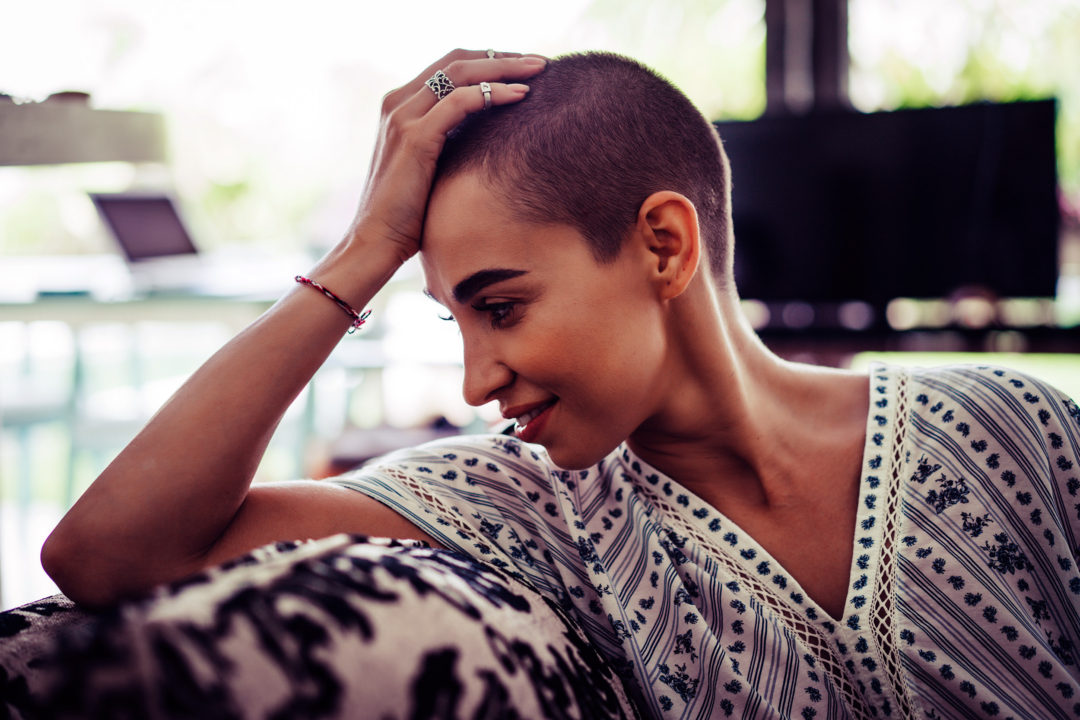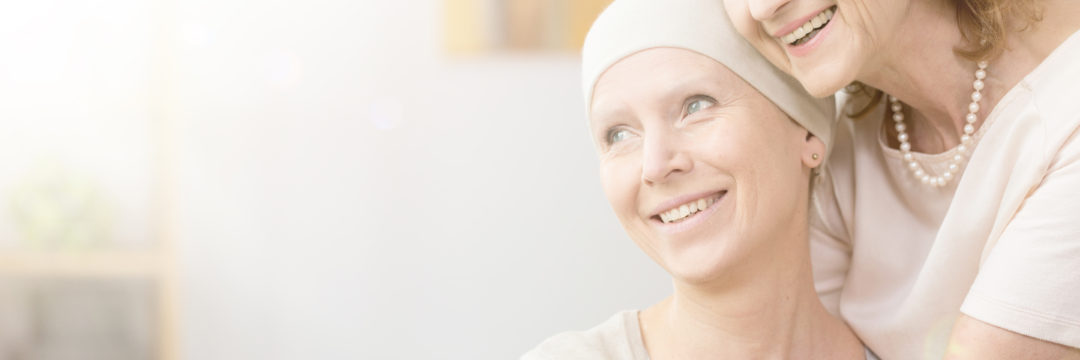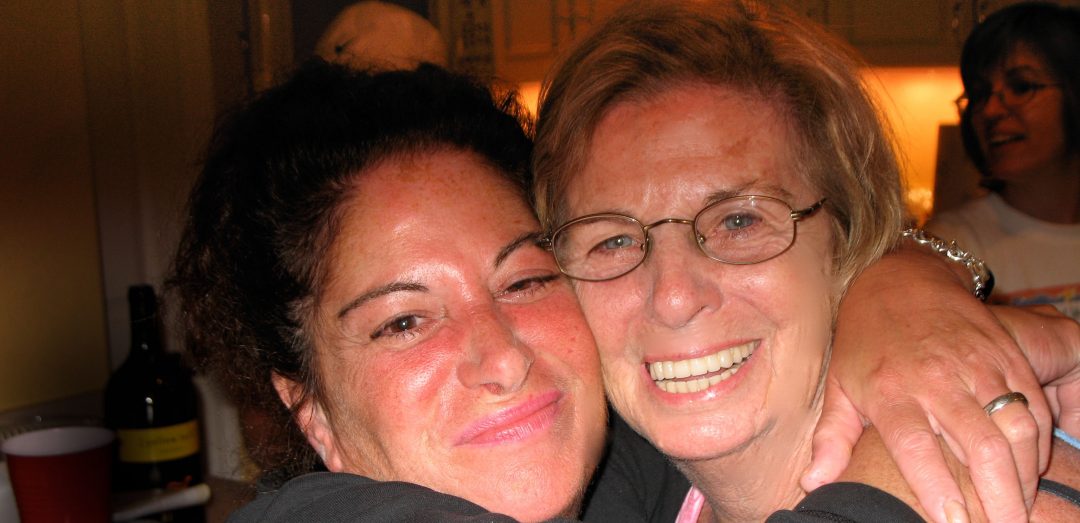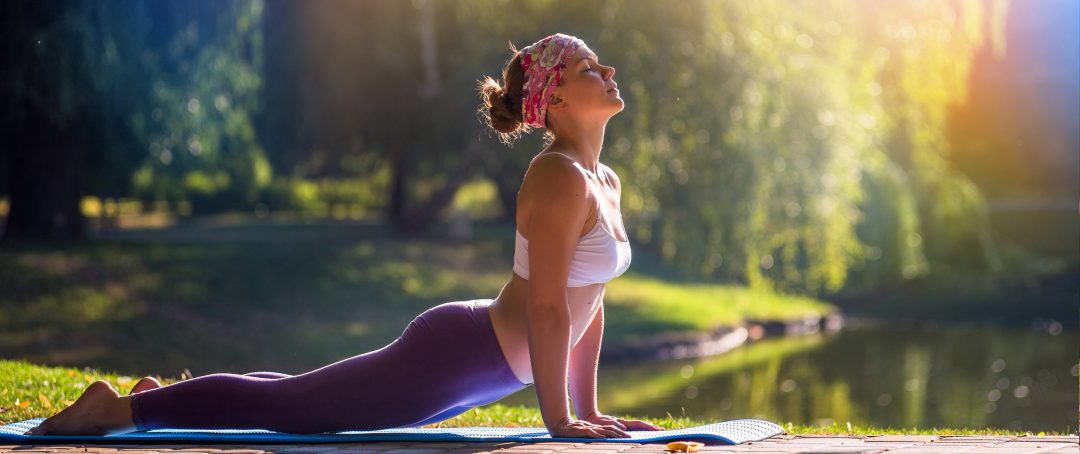
by Susanna Leigh | Sep 28, 2017 | History, Research
Whether a woman was diagnosed one hundred and fifty years ago or this morning, the diagnosis is devastating.
What has changed dramatically is that the survival rates for some breast cancers is as high as 98% and there are more reasons than ever to be optimistic. Many women today don’t remember a time when the only way they could be diagnosed with breast cancer was if the tumor was big enough to see or feel. Today, modern technology can find very small tumors and cure them even before the first symptoms appear. I think it might be good to take a look back at how far we’ve come.
In 1992, Evelyn Lauder put the spotlight directly on breast cancer research for the first time. She co-created the now iconic pink ribbon and launched the Breast Cancer Research Foundation®, a non-profit organization dedicated to breast cancer research. The pink ribbon, so simple and powerful at the same time, became a worldwide movement that has funded research that has significantly changed the outcomes of millions and millions of women throughout the world.

by Susanna Leigh | Sep 14, 2017 | Hair, Lifestyle, Self Image, Support
As someone who has never sat face to face with a doctor telling me I had breast cancer, I can only guess how I would react. Contrary to what I might imagine, the first question most women ask by far is whether or not they will loose their hair. Until I really thought hard about it, I assumed they might want to know their chances of survival, whether to have a lumpectomy or mastectomy, or a hundred other health related questions.
Then, I remembered an incident that happened a few months ago when I had my last haircut. The girl next to me had gorgeous, shiny black shoulder length hair. She was in a state of apoplexy because she claimed the stylist had cut off more than an inch of her hair. She was collecting clippings from the floor, sobbing, and demanding a ruler to measure the exact amount cut. In my estimation, even her best friends, if she had any, would not even notice she had a hair cut.
Then, I remembered an incident that happened a few months ago when I had my last haircut. The girl next to me had gorgeous, shiny black shoulder length hair. She was in a state of apoplexy because she claimed the stylist had cut off more than an inch of her hair. She was collecting clippings from the floor, sobbing, and demanding a ruler to measure the exact amount cut. In my estimation, even her best friends, if she had any, would not even notice she had a hair cut.

by Susanna Leigh | Aug 9, 2017 | Lifestyle, Support
Do you know what the most common question a woman asks when she is told she has breast cancer? You’ll probably be as surprised as I was at the answer. The first thing a woman usually wants to know is whether or not she will lose her hair. At first, I thought of all of other possible questions I would ask like lumpectomy or mastectomy, one breast or two, chemo or radiation, and perhaps most important, what are my chances of survival? Fortunately, I am not one of the 250,000 women who are diagnosed each year or one of the 40,000 who will die from this disease. That said, I now have absolutely no idea how I would feel or what I would think in a similar situation. At least for today, instead of being a patient or a survivor, I am one of the sisterhood of women who sincerely wants to know how to compassionately help women who find themselves on this unexpected and unwanted journey.

by Susanna Leigh | Jul 29, 2017 | Alternative, Fatigue, Lifestyle
Yoga was first developed around the sixth and fifth centuries BCE in ancient India. It is now practiced throughout the world and for good reason. Yoga and meditation are believed to be significant factors in both preventing illness and boosting the immune system to fight off or eliminate disease. In the last half century, more and more research is showing that regular practice of yoga and mediation substantially improves the outcome for women with breast cancer.

by Susanna Leigh | Jul 18, 2017 | Fatigue, Lifestyle, Medication
Many years ago, I was diagnosed with a rare autoimmune disease that essentially affects how my body regulates itself. I have learned to deal with most of the limitations that my illness imposes, but the one thing that I can’t seem to accept is the chronic fatigue. I had always had a sunny disposition and seemingly boundless energy, but I had to learn that, for the most part, I only had enough juice to accomplish one or two activities a day. The rest of my time is spent resting so I can recharge my battery. I once read that many people would rather give up a limb in exchange for getting their energy back. I am one of those people, but I have recently learned it doesn’t have to be a binary choice.
When I decided to get involved in raising money to increase breast cancer awareness, I discovered that breast cancer patients and survivors deal with fatigue that is similar to mine. So I set out to understand what breast cancer related fatigue is, and what can be done to minimize it.






Recent Comments